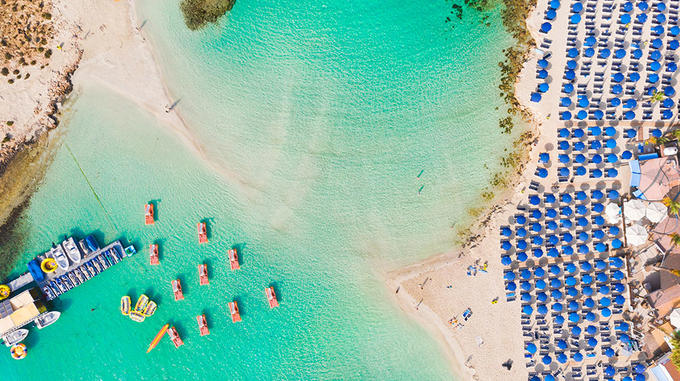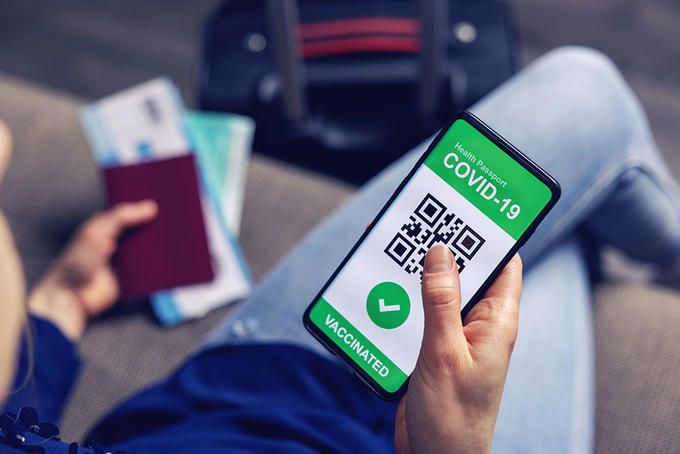Vaccine Passports: Your Questions Answered
At the start of July we learned that, as part of step 4 in the government roadmap, travellers who have been double-jabbed will no longer need to self-isolate on their return to England from amber-list countries. Not only that, but several European countries – including Malta, Portugal and France – have announced that UK travellers will be exempt from quarantine if they’ve had both of their COVID-19 jabs. All you need is have proof of vaccination via the NHS app, or an authorised letter. So what does that mean for travel? Here we round up what we know and how it might affect exploring the world as we know it…

What is a vaccine passport?
Vaccine passports aren’t a new invention. Take yellow fever for example: countries including Belize, Algeria and even Australia all require visitors to present a valid yellow fever certificate if they’re travelling from a destination where the disease is rife. For coronavirus, this is looking to be much the same – those who have had the relevant jabs can bring these up on the NHS App (different to the NHS Covid App) and can download a QR code to be presented when travelling. This “passport” includes the date of your vaccinations, the type (AstraZeneca, Pfizer or Moderna), and the batch number. As it currently stands, you have to have had both doses of your vaccine more than 14 days ago to qualify for any exemptions. We are expecting even more information to come to light in the coming weeks.
Where will ask me for a vaccine passport?
Cyprus led the charge with this, and many countries are following suit. The likes of Portugal, Greece, Croatia, Malta, Spain – among others on the green and amber lists, will all let travellers in relatively hassle-free, so long as they can prove they've had both jabs. The same goes for Phuket and Krabi in Thailand, which opened to vaccinated travellers in July 2021.

Why do I need a vaccine passport?
In order to encourage safe tourism and restore confidence in the travel industry, some officials argue that this is the only feasible way to proceed, at least in the short term. With the UK’s high coronavirus numbers, it is expected that countries in mainland Europe will be cautiously welcoming Brits back this summer, and won’t want to see their own cases rise in the name of tourism.
How about the validity of a vaccine passport?
It’s tricky to say at the moment what the expiry or longevity of a hypothetical vaccine passport might be, as there’s still a lot of unknowns around how long the immunity provided by the vaccine lasts. As soon as we get more data from the government around this, we’ll update this page.

When will I need to start using a vaccine passport?
You can access your vaccine passport via the NHS app now! This is particularly useful for those travelling back from amber-list countries.
And what about COVID testing?
For now, it looks like COVID testing is here to stay. Many countries – regardless of their stance on vaccination passports – are still asking for negative tests to be presented on arrival (more on that here), and it’s possible that some countries could ask for the presentation of both a passport and a test.
I want more information on vaccine passports!
I’m afraid that’s all we have for now, but as soon as our experts get more information we’ll be updating it here. If you have any concerns about an upcoming booking and your travel requirements, please contact your Travel Consultant directly. We also highly recommend checking the specific destination advice for your country of choice on our COVID travel restrictions checker and Where’s Safe to Travel hub. For the latest news, be sure to sign up to our newsletter in the footer below.





